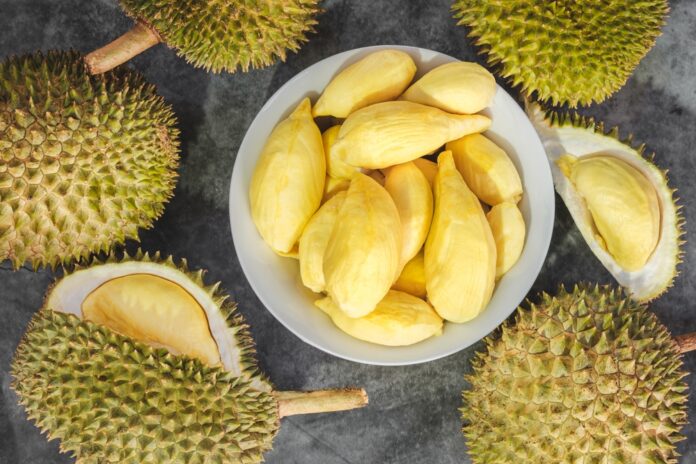The Philippines is actively pursuing deeper agricultural trade ties with Egypt, with Agriculture Secretary Francisco P. Tiu Laurel Jr. meeting with Egyptian Ambassador Nader Nabil Zaki on 5 June to explore broader market access for high-value Philippine produce, particularly mangoes and bananas.
The discussions form part of a larger effort by the Department of Agriculture (DA) to diversify export destinations and unlock new trade opportunities in strategically located and fast-growing markets such as North Africa.
Egypt, Africa’s second-largest economy, recently opened its doors to Philippine durian exports—a move that Tiu Laurel hopes will pave the way for similar access for fruits produced locally.
“They already granted us access (to market) for durian. We are hopeful they will do the same for our mangoes and bananas,” he said, citing the instructions of President Ferdinand Marcos Jr. to expand overseas markets for Philippine agriculture.
In return for the market access for durian, as well as the potential export of bananas and mangoes, Egyptian grapes and ware potatoes’ Pest Risk Assessment (PRA) and food safety analysis is being finalized. In addition, the opportunity of sourcing garlic and onions from Egypt was explored and technical assistance and information exchange for the two commodities are planned in the near future.
Both parties acknowledged the potential for mutually beneficial trade growth, particularly in agri-food products that align with consumer preferences and seasonal demand. While agricultural trade between the two countries remains relatively modest—at around USD 7.5 million annually, with Egypt currently running a surplus—the foundation for growth is already in place.
The Philippines primarily exports desiccated coconut and carrageenan to Egypt, while importing items such as broths, soups, and dried kidney beans. The bilateral dialogue also comes at a time of growing momentum for Philippine agri-exports.
Late in May, the Philippines completed its first commercial shipment of fresh mangoes to Italy, expanding its footprint in the European market.
Meanwhile, negotiations are ongoing to bring Philippine durian to New Zealand. Private sector players have expressed optimism about the potential for deeper trade engagement with Egypt, given the country’s role as a gateway to larger regional markets in Africa and the Middle East.
With formal diplomatic relations between Egypt and the Philippines dating back to 1946, and more than 2,200 Filipinos currently working in Egypt, both nations are poised to expand their longstanding relationship into new areas of agricultural and economic cooperation.







